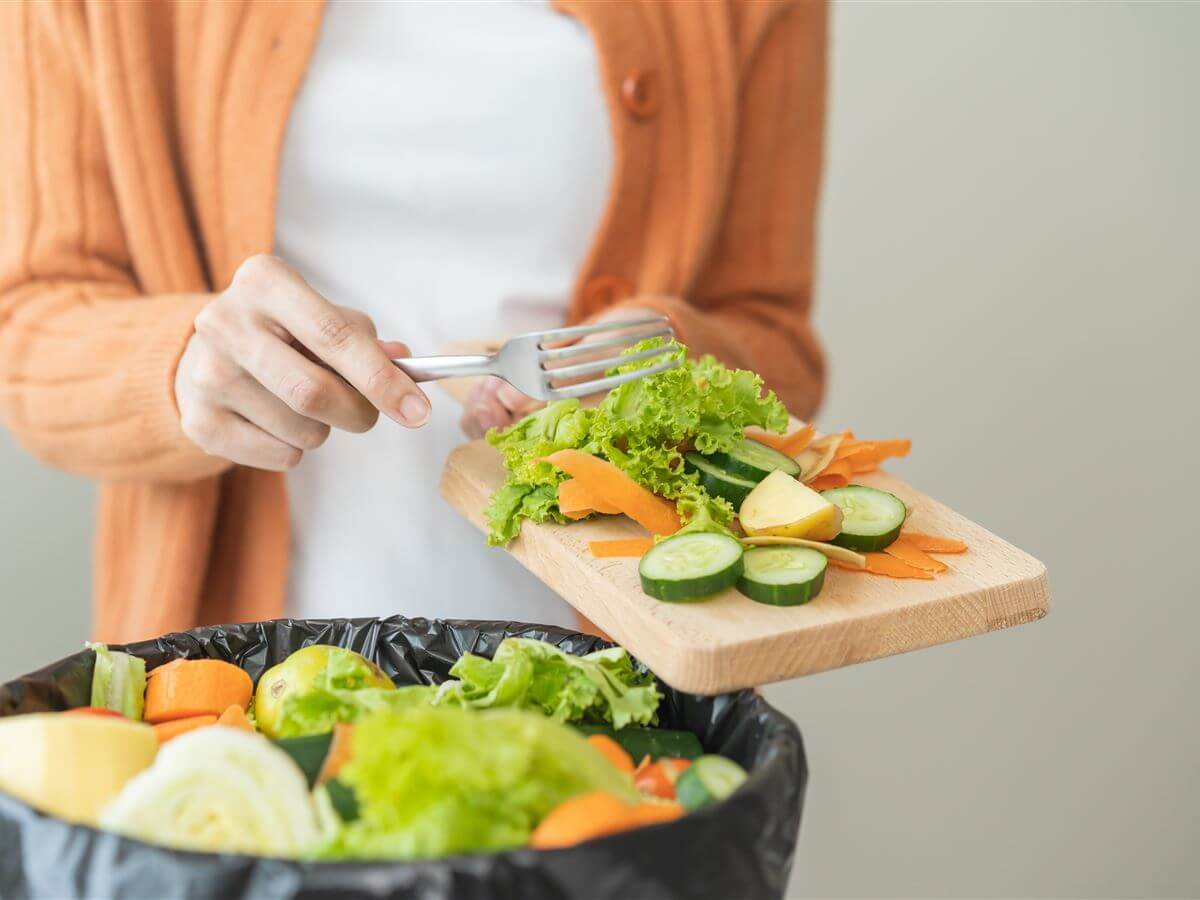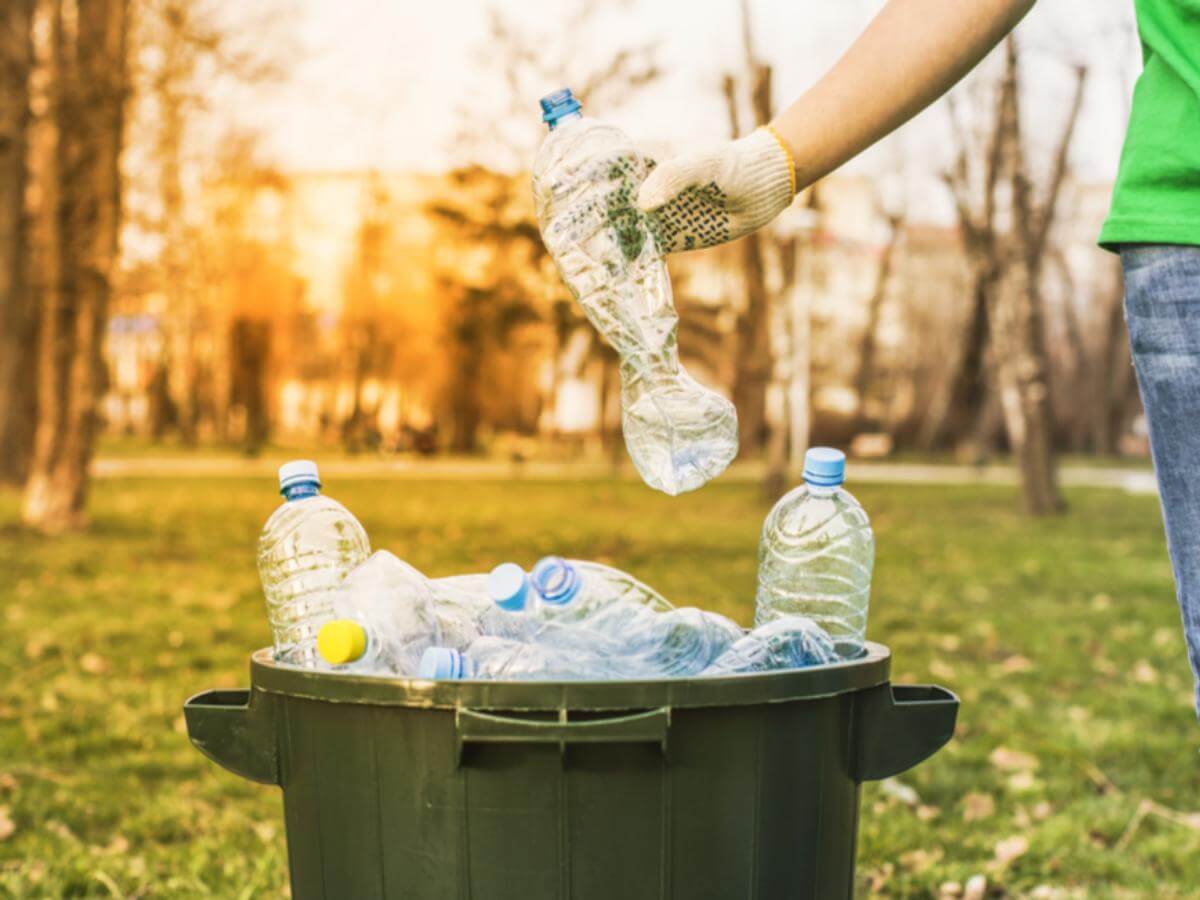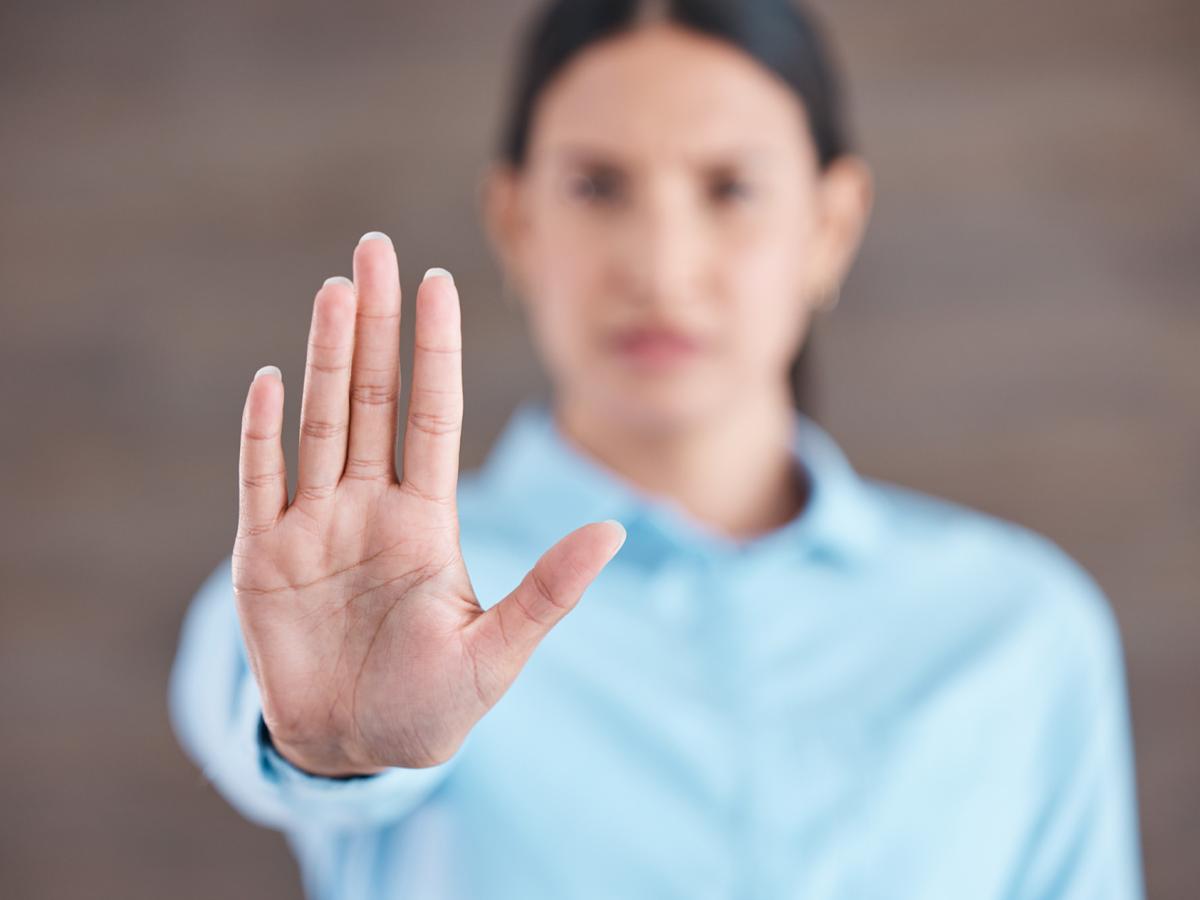
How did your career begin, and how did you get to the role you hold today?
I started out as a dietitian and later earned a degree in Nutrition Science and Gastronomy, an academic background that gave me a strong foundation in nutrition and health.
In my early years in collective catering, I was able to immediately put my skills into practice, facing the daily challenges of the sector.
More recently, thanks to the support of Markas, I completed a master's degree in Food Safety Management, which allowed me to further grow by deepening my knowledge of the many systems used to manage food quality and safety.
Today, with over 30 years of experience, I’ve spent more than a decade focusing specifically on this area: developing procedures and control systems that ensure every meal served meets the highest standards of quality and hygiene.
It’s a role that demands constant attention, continuous learning, and a deep passion for what we do every day.
I started out as a dietitian and later earned a degree in Nutrition Science and Gastronomy, an academic background that gave me a strong foundation in nutrition and health.
In my early years in collective catering, I was able to immediately put my skills into practice, facing the daily challenges of the sector.
More recently, thanks to the support of Markas, I completed a master's degree in Food Safety Management, which allowed me to further grow by deepening my knowledge of the many systems used to manage food quality and safety.
Today, with over 30 years of experience, I’ve spent more than a decade focusing specifically on this area: developing procedures and control systems that ensure every meal served meets the highest standards of quality and hygiene.
It’s a role that demands constant attention, continuous learning, and a deep passion for what we do every day.

What does a Food Safety & Hygiene Manager do?
I develop risk-based management systems to ensure that every phase from food production to distribution complies with hygiene and health regulations. The HACCP system is our starting point. It’s like having a driver’s license — it allows us to identify and monitor critical points in the food process.
Together with my team, I oversee kitchen operations, collaborate with suppliers and producers, draft procedures in synergy with other departments, and ensure they are correctly implemented in every facility. We coordinate internal inspections, organize training sessions for staff. I firmly believe that food safety starts with people. When necessary, we request lab analyses of the raw materials we use, including the water used in cooking centers.
Our one and only goal is to ensure healthy, safe, and balanced meals. We take a preventive approach, analyzing risks, proposing practical solutions, and promoting a true culture of food safety every single day.
I develop risk-based management systems to ensure that every phase from food production to distribution complies with hygiene and health regulations. The HACCP system is our starting point. It’s like having a driver’s license — it allows us to identify and monitor critical points in the food process.
Together with my team, I oversee kitchen operations, collaborate with suppliers and producers, draft procedures in synergy with other departments, and ensure they are correctly implemented in every facility. We coordinate internal inspections, organize training sessions for staff. I firmly believe that food safety starts with people. When necessary, we request lab analyses of the raw materials we use, including the water used in cooking centers.
Our one and only goal is to ensure healthy, safe, and balanced meals. We take a preventive approach, analyzing risks, proposing practical solutions, and promoting a true culture of food safety every single day.

Do you also pay attention to food safety in your daily life? Can you give us some examples?
For example, when I go grocery shopping, I always check labels and expiration dates. I also organize my food storage at home so that everything is consumed in time, avoiding waste. I never leave cooked foods at room temperature. As soon as they cool down a bit, I put them in the fridge. I also make sure everything is well cooked to prevent any risk.
Cleanliness is very important to me. I always wash my hands between preparations, especially when working with both raw and cooked foods, to avoid cross-contamination. And last but not least, I try to keep my kitchen tidy and clean at all times.
Of course, there’s a big difference between what I do in my daily life and my professional work. At home, responsibility is personal, but in collective catering, we care for the health of thousands of people. People with different needs, varying immune systems, and specific allergies, intolerances, and dietary requirements. It’s a complex field that requires great attention and expertise, and for me, it’s a truly important responsibility.
For example, when I go grocery shopping, I always check labels and expiration dates. I also organize my food storage at home so that everything is consumed in time, avoiding waste. I never leave cooked foods at room temperature. As soon as they cool down a bit, I put them in the fridge. I also make sure everything is well cooked to prevent any risk.
Cleanliness is very important to me. I always wash my hands between preparations, especially when working with both raw and cooked foods, to avoid cross-contamination. And last but not least, I try to keep my kitchen tidy and clean at all times.
Of course, there’s a big difference between what I do in my daily life and my professional work. At home, responsibility is personal, but in collective catering, we care for the health of thousands of people. People with different needs, varying immune systems, and specific allergies, intolerances, and dietary requirements. It’s a complex field that requires great attention and expertise, and for me, it’s a truly important responsibility.
FIND OUT OUR LATEST NEWS

Markas Strategy Day: Two events, one team!
Over 600 employees, more than 20 external speakers, and two special events marked a p...

Markas hosts Austrian Federal Minister: a dialogue on South Tyrol’s economy.
What does South Tyrol need today to become more competitive, more attractive, and bet...

Markas and Behavix: our effort to reduce food waste
At Markas, sustainability is a commitment that guides us every day, at every level:...

Employee initiative collects bottle deposit refunds for the “Haus der Frau”
Earlier this year, in a remarkable initiative, employees at Markas’ headquarters in...

Promoting workplace inclusion for people with disabilities in Pavia: Lorenzo’s Story
At Markas, we strongly believe that inclusion and diversity are core values.
T...

Gender violence and Whistleblowing: a shared commitment to a safe and respectful work environment
Gender violence is one of the most severe and persistent social and cultural issues...
